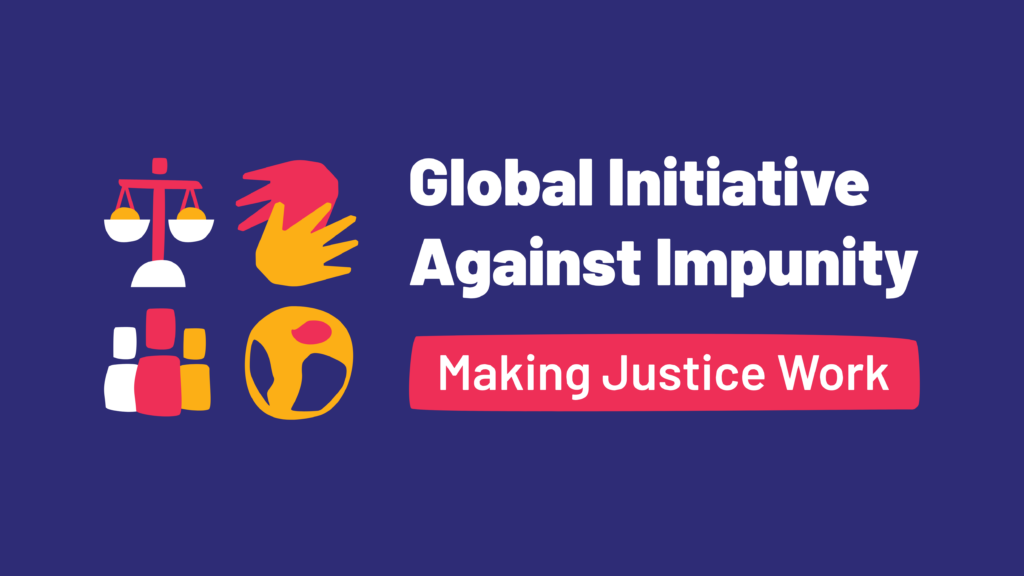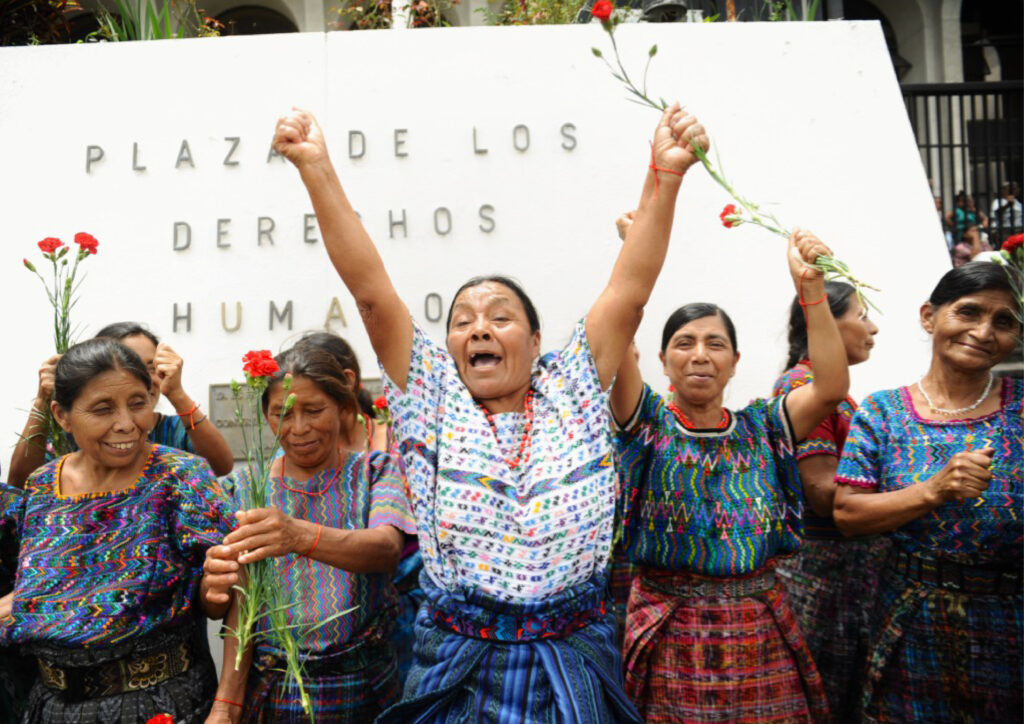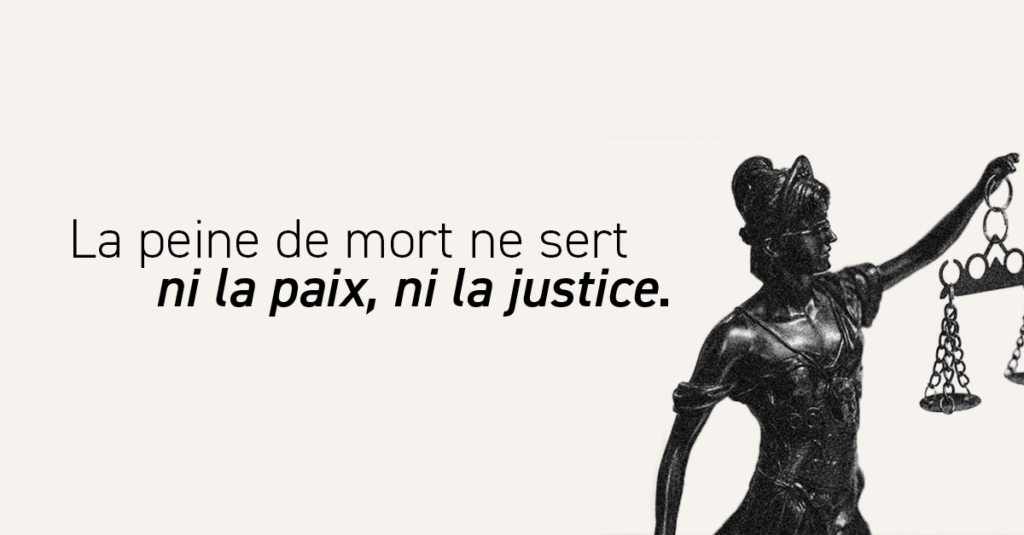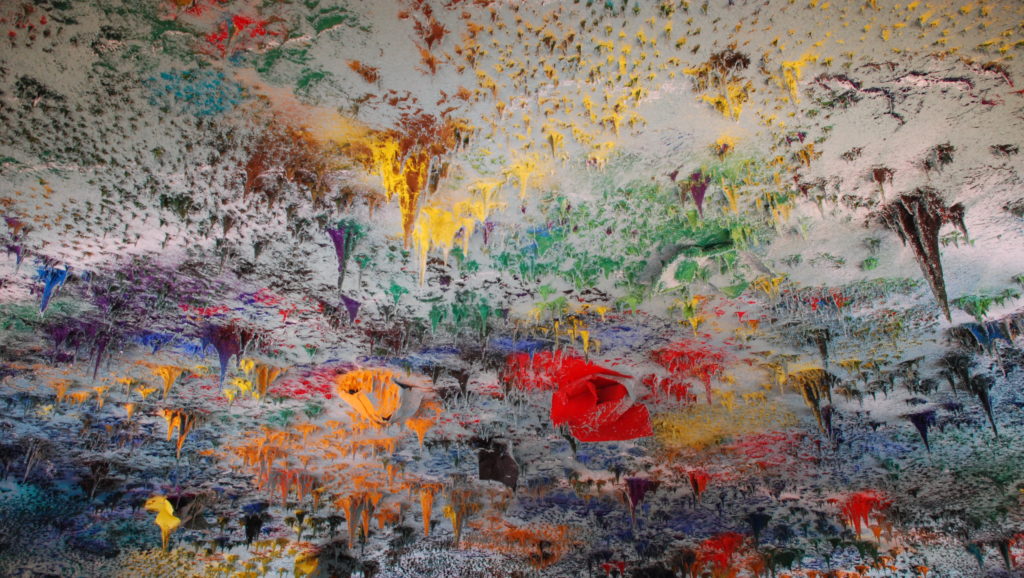Impunity and sustainable peace are irreconcilable
The fight against impunity is at the heart of TRIAL International’s mission. But what does it really mean? What are its consequences and how is it linked to world peace?
When an international crime is committed, justice would ideally have the offenders punished and the victims redressed. However, it happens that the culprits remain care-free while the victims’ complaints are overlooked: that is what impunity is.
The causes of impunity are multiple and can have a political or legal nature. From a legal perspective, it takes shape through unrealistic requests placed on victims; unreasonable deadlines; botched investigations; disorganized or lengthy hearings and even poorly trained lawyers.
In the most extreme cases, crimes under international law simply go unpunished. This is the case in Nepal, where torture is still considered a misdemeanor. In this case, victims have little legal recourse to assert their rights.
Vulnerability and impunity are mutually conducive
Other factors of a sinister and insidious nature contribute to impunity, often linked to the political and social fabric of the country: authoritarian regimes and conflict-prone zones are pockets of lawlessness where victims’ cries often go unheeded, or only to be heard at the expense of their lives.
In these contexts, the legal system is also more open to external influences: intimidation of judges, “disappearing” case files, blackmail and bribes without number. Unfortunately, those who are the most implicated are often the most protected by the status or their personal relations. Furthermore, cognizance of their shielded status could render them more susceptible to commit the most heinous crimes.
The rights of victims twice scorned
When impunity reigns, victims’ access to justice is gravely diminished. Some fear retaliation against themselves and their families. Others lack the financial means to lodge a complaint, and may be further hindered by their own illiteracy and the remoteness of their lodgings. Very few have enough confidence to file a complaint, discouraged by the absence of credible channels for legal recourse.
Deprived of justice, victims also live in fear of a fresh onslaught of new crimes. If the perpetrators are not punished for their behavior, they are effectively free to launch new attacks and this leniency can be perceived as an encouragement to commit other crimes.
Impunity therefore erodes human rights and justice as a whole. It sustains a hostile climate where lasting peace cannot prevail.
Six ways in which TRIAL International fights impunity
- It calls for inclusive laws respectful of the rights of victims
- It raises awareness among judges and prosecutors on good practices and international standards
- It assists lawyers with the handling of their cases
- It takes cases to international judicial bodies and ensures that their decisions are implemented
- It files criminal complaints against suspected criminals on Swiss or European soil
- It trains lawyers and human rights defenders so that they may bring about enduring change










